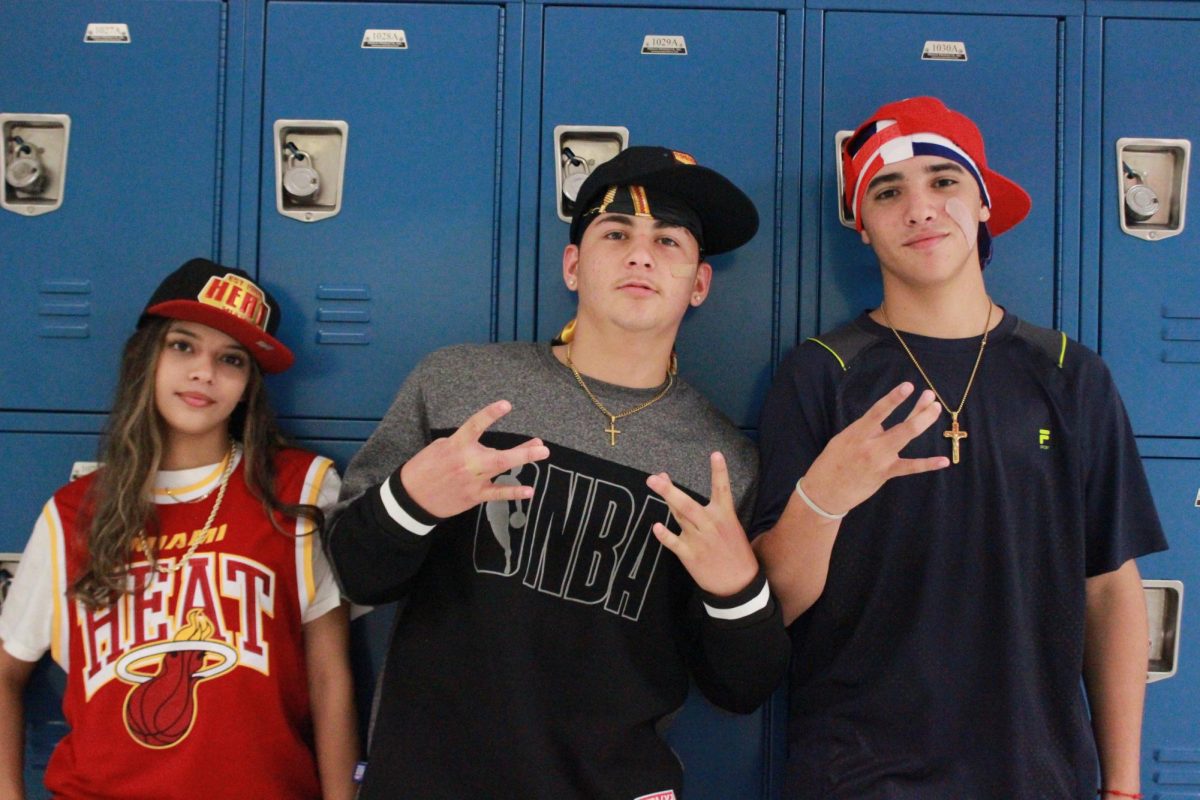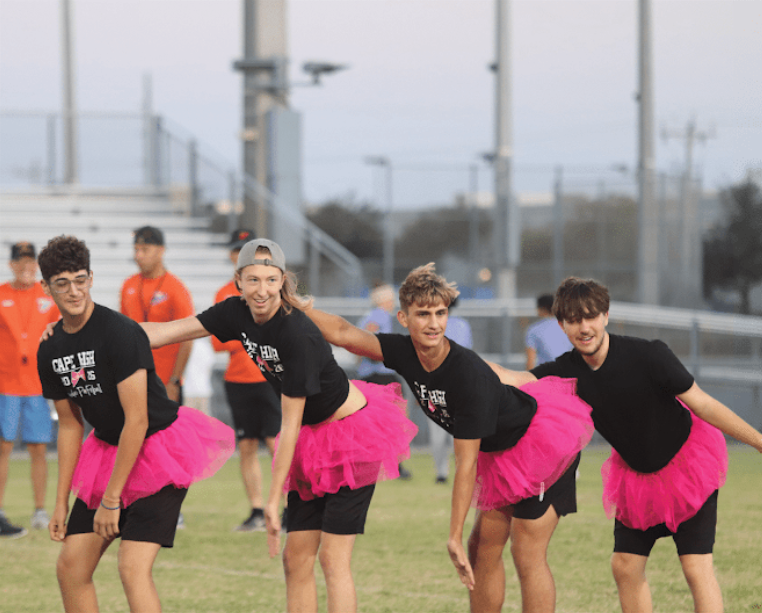Every day social media usage becomes a more polemic issue both politically and socially. In July of 2023, the Florida Board of Education banned any use of TikTok on government and school devices for fear of foreign surveillance. As a result, clubs and school-oriented organizations were prohibited from having promotional TikTok accounts
Now, a new bill, HB 1, was recently passed in the Florida Legislature, that if signed into law, would ban the usage of social media sites for children below the age of 16 and require age verification.
Age verification using a third party is a serious privacy concern, especially considering that the information required could be biometric data and if exposed could release private information.
“ I also know that you could just lie about your age, as you sign up for an app,” explained history teacher Daniel Gross. “So it really wouldn’t be a big deal. Anyway, they can just change their age from 16 or 15 to 18. And then, I can’t imagine that somebody is checking every kid’s age on it.”
However, Governor Ron Desantis vetoed bill HB 1 amid concerns about constitutionality in regards to privacy. He is currently planning on signing a new adjusted bill instead, HB 3. This bill focuses on banning addictive features of social media such as the data collection algorithm, endless scrolling, and other things.
The bill would also obligate teenagers under the age of 16 to require parental consent to open any type of social media account and teenagers under the age of 13 to be prohibited from opening social media accounts at all. HB 3 will be voted on by the House in the upcoming weeks with the final decision once again resting on Governor Desantis’ approval.
The introduction of these bills is mainly to protect minors from the dangers of long-term social media usage such as low self-esteem, cyberbullying, and isolation.
“I think [the bill is] a way to control younger people’s views and source of information. Many kids’ information source is social media and banning it is an easy way to control what younger folks believe,” stated Sophomore Salah Eddine Bennekaa. “I do believe that there are many long-term effects of social media such as social isolation, radicalization of belief systems, and the spread of hateful rhetoric.”
Gross agreed, having stated, “Every study is talking about kids’ and young adults’ mental health is not good overall. So I think social media has, well, its original goals were to bring people together, has actually separated us more: politically, it’s divided us and for kids, they’re more isolated, they socialize electronically instead of with people, and that’s hurt their mental health.”
There are also those who believe that social media is a public resource and there are more appropriate ways to address the decreasing mental health of students.
“I don’t think that there are any inherent, long-term dangers of social media, but when used improperly, it can be mentally dangerous,” said Kristian Wydysh, who is currently dual enrolled at FSW and serves as senior leadership for Minds Without Borders.
“Instead of banning social media, the legislature should pass bills that bring more funding for mental health programs and help to pay for more school psychologists. As a whole, I do not believe in social media bans. I feel that banning social media is just a cover-up for the fact that the legislature has failed to provide mental health funding.”
Both HB 1 and HB 3 are one of the largest and most stringent bills proposed in the United States that regulates social media. The controversy surrounding it mainly sources from the fact that the bill could be seen as a 1st amendment right violation.
There are still some things that need to be addressed, such as how parents will give parental consent and how age will be verified. Many of those who opposed HB 3 believe that parents should be the ones restricting social media usage and not the government.
“I support the idea that kids shouldn’t have social media but that’s a parent’s job,” said Gross. “I personally limited my kids having social media. I think [the bill] would stand absolutely no chance to hold up as a law. I think it would be overturned pretty immediately, as it just goes against freedom of speech.”
“[Other ways to regulate social media are] for the apps themselves or the parents to step up and actually regulate their kids and for the platforms to take off harmful posts,” agreed Bennekaa.
As for right now, the only thing left to approve HB 3 is the House’s approval as well as Desantis’ ultimate signature, but the implications on the state of Florida and even at the federal level will be significant.
Within the federal government there has been discussion about banning TikTok in the United States as a privacy measure due to concerns about the Chinese government collecting large amounts of data from American consumers.
“It’s just in discussion, there’s no bill that’s been passed,” said Gross. “They were talking about how TikTok is collecting American data and that’s going to the Chinese government. They want to stop that, but I can’t imagine that will be passed either. They’re honestly just for the same political logistic issues as locally here in Florida.”
A bill addressing this is being brought up in the House of Representatives. This bill would obligate the tech company that owns TikTok to sell it to a company approved by the US government.
With the advances of technology, the government is adapting to limit social media usage, prioritizing privacy and mental health.








